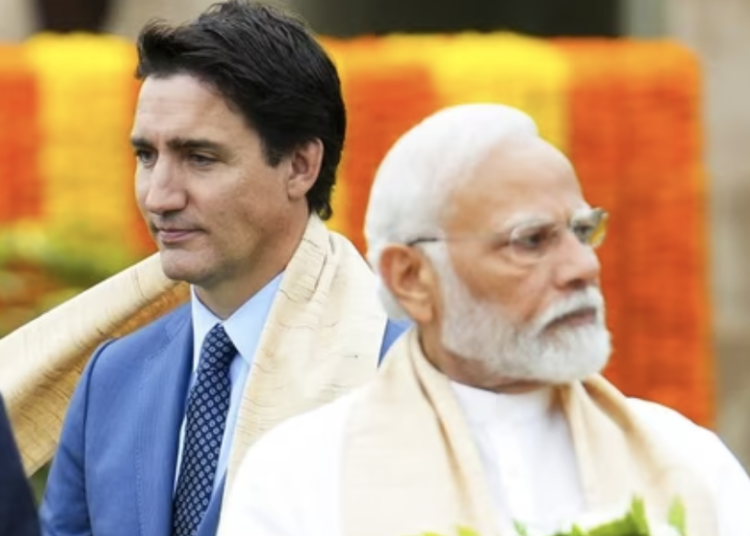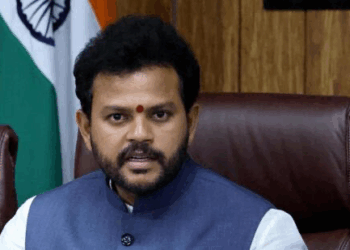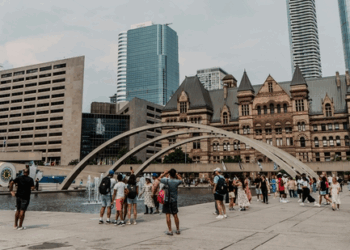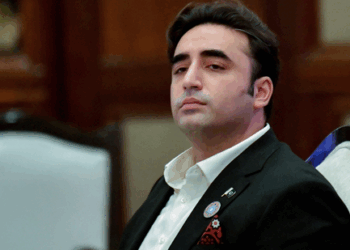The Indian government has strongly criticized the Canadian House of Commons for observing a moment of ‘silence’ in honour of Talwinder Singh Parmar, a known Khalistani terrorist, during its proceedings. The tribute has sparked a diplomatic row between the two nations, with India expressing deep concern over what it perceives as a disregard for international norms against glorifying individuals associated with terrorism.
Talwinder Singh Parmar is believed to be the mastermind behind the 1985 Air India bombing, one of the deadliest terrorist attacks in Canadian history, which claimed 329 lives. Despite his death in 1992, Parmar remains a controversial figure, particularly among those advocating for Khalistani separatism—a movement seeking an independent Sikh state.
The Ministry of External Affairs of India issued a statement condemning the Canadian House’s tribute, emphasizing that honouring individuals like Parmar contradicts efforts to combat terrorism globally. The statement underscored the need for nations to uphold the principles of justice and international law, particularly in the context of addressing terrorism and its ideologies.
“This gesture is not only misplaced but also displays a lack of sensitivity and due regard for the victims of terrorism,” remarked a spokesperson for the Ministry of External Affairs.
The Canadian House of Commons’ decision to observe a moment of silence for Parmar was part of an annual commemoration for those who died in the Air India Flight 182 bombing. However, the inclusion of Parmar in this tribute has drawn sharp criticism from various quarters, including within Canada, where concerns have been raised about the appropriateness of honouring someone linked to terrorism.
In response to India’s diplomatic protest, the Canadian government has stated that the tribute was not meant to endorse any particular individual’s actions but rather to acknowledge the tragic loss of life in the Air India bombing. Nevertheless, the controversy has intensified discussions on the ethical implications of such commemorations and their impact on bilateral relations.
The incident has prompted calls for a reevaluation of protocols regarding tributes within the Canadian House of Commons and has highlighted the complexities surrounding issues of terrorism, national memory, and diplomatic sensitivities between Canada and India.


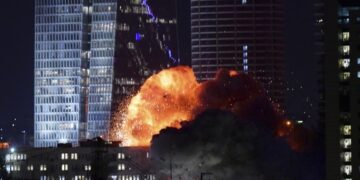

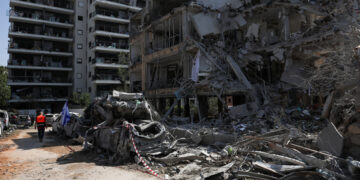
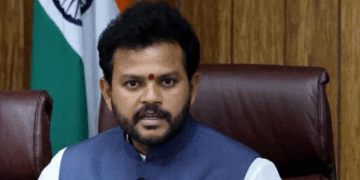


 India
India
